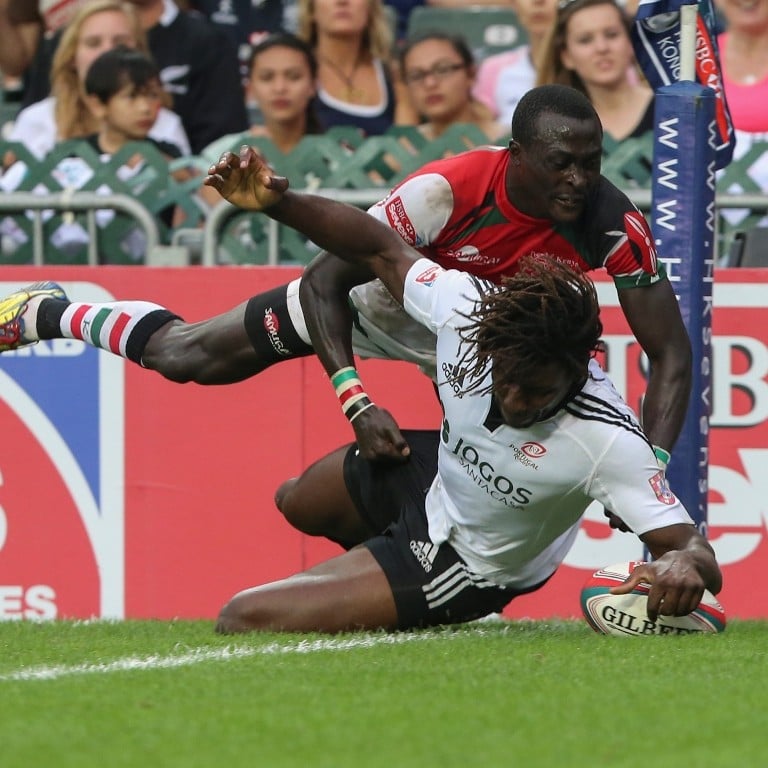
Refs need to raise their game, too
My biggest fear when rugby sevens makes its debut at the Rio Olympics in 2016 is it will be ruined as a showpiece by the man in the middle.
My biggest fear when rugby sevens makes its debut at the Rio Olympics in 2016 is it will be ruined as a showpiece by the man in the middle.
How many of you watching over the weekend were left grinding your teeth in frustration or just shaking your head, puzzled by the referee’s decisions, sometimes made worse by the touch judges and the TMO or video referee.
One such game was that between Fiji and the United States where Australian referee Anthony Moyes kept on penalising the Americans at the breakdown for apparently illegal play. He then also conspired to overturn a perfectly legitimate try scored by the US – and this with the help of the video referee – when it appeared to everyone else a try had been scored.
Just imagine a similar occurrence during the gold medal match at the Rio Olympics, where the difference between winning and losing could depend on a referee’s call.
I have seen too many errors happening to be convinced we have got it right. We need to address this quickly
This is the recurring nightmare for none other than Gordon Tietjens, coach of the All Blacks Sevens
“I have seen too many errors happening to be convinced we have got it right. We need to address this quickly,” Tietjens said before the Hong Kong Sevens.
Three years ago, Tietjens was in the forefront of calls to introduce the TMO. That call was made in Hong Kong when the Kiwi mastermind told the SCMP: “You are going to have specialised sevens players so you should have specialised referees because it is a different game with different fitness levels.”
Tietjens knew how the game was changing. He knew more and more countries would start to contract players and match officials would need to up their game, too.
“Reading a game is really important and being really accurate in the contact areas at the breakdown,” Tietjens said then. “It is not so much changes to the actual rules themselves or the way that the game is being played.
“But what we need is to have the right people refereeing the game for it to remain a spectacle. I urge we appoint specialist sevens referees because the game is getting bigger.”
His words have fallen on receptive ears with the IRB now leaning towards appointing referees solely for sevens, as well as introducing video refereeing, especially to deal with contentious tries.
Mark Egan, a top IRB official, revealed last weekend the IRB allocates 500,000 pounds annually to a sevens referees programme.
But the biggest problem was few referees wanted to become full-time sevens specialists. This season the IRB appointed 17 referees from 12 member unions to officiate at all nine legs of the World Series. Only two of them – Rasta Rasivhenge of South Africa and Rhys Thomas of Wales – were set to officiate at all nine tournaments, underlining the reluctance of match officials to commit themselves.
Next season, the final one before Rio 2016 is upon us, must be used to fine-tune this vital aspect of the game. We need the man in the middle to be on the ball and to be able to get the best help from his two touch judges and the video referee.
If this means taking a minute to come to the right decision, so be it. It is better to go down this path than ruin a match by awarding a wrong decision which might mean the difference between winning or losing the gold medal.

